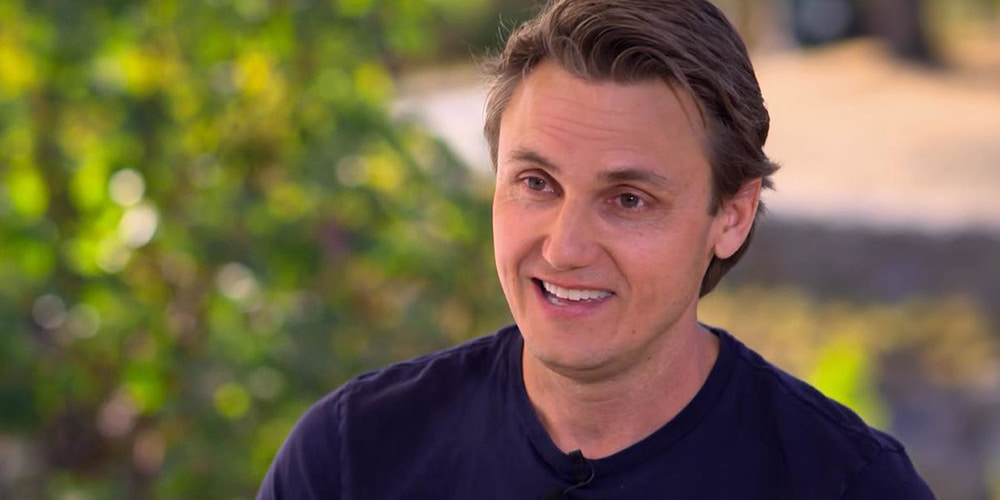Clubhouse, the social audio app that allows users to communicate using audio chat rooms that can accommodate groups of people, was not the thing the internet has ever seen.
Piggybacking the 'COVID-19' coronavirus pandemic in 2020, where people were forced to remain indoors, Clubhouse was a breath of fresh air in the social media sphere where things were repetitive and kind of boring to some people.
By providing audio-only communication in a world where photos, videos and even Augmented Reality/Virtual Reality can take place, Clubhouse was a step back.
But it cleverly used that step back, to take one giant leap forward.
Clubhouse caught the world by surprise. It quickly became a unicorn company worth more than $1 billion, before even leaving beta.
Paul Davison, the founder and CEO of Clubhouse, experienced this first hand.
And that before everything started to tumble.

"It’s been quite an 18 months," Davison said to CNBC, referring to how fast Clubhouse propelled itself to popularity.
Clubhouse, which was initially only available for iOS users, enables users to find and listen to conversations between people. Users can join “rooms,” where friends and strangers can discuss things in almost any topic imaginable.
To entice engagements, hosts of rooms can even “pass the mic” to others in the room, and have listeners raise their hand when they want to speak.
It received significant boost in popularity when Tesla CEO Elon Musk and Facebook (later Meta) CEO Mark Zuckerberg appeared on Clubhouse within a few days of each other. Musk even asked Russian President Vladimir Putin if he wanted to join him for a conversation on the platform.
After an influx of big names and celebrities that joined the once-was-the-exclusive-club, Clubhouse was the wonder boy of social media apps.
With millions and millions of people were flocking to Clubhouse, "It just started growing really quickly, much faster than we had ever anticipated or planned for, or hoped for frankly," Davison said.
“I think in December [2020] alone we grew 10 times,” he added. “It just kept going and going. When all of that was happening, our team was eight people and it really stressed the system.”
“We went from eight people back then to about 85," he said.
Clubhouse simply redefined how social media should be, and forced titans like Facebook and others to develop their own audio-oriented feature.
But the hype apparently didn't last that long, as things quickly go south.
Asked about the fall in downloads, Davison said that “startups typically aren’t a perfectly linear path.”
In a bid to expand Clubhouse to more people, Davison wants Clubhouse to stay away from spike increases and decreases.
Clubhouse grew "way too fast."
"The goal is move away from peaks and valleys and towards just a steady path."
"What we really want to do, is be on that path of steady, gradual growth," Davison once said in a conference held by Goldman Sachs Group.
While the hype has diminished, Clubhouse remains popular among those who wish to use audio communication through a popular social media app that isn't anything related to Facebook.
"I’m not at all surprised other platforms are launching audio in the same way they launched photos and then video and other features," Davison said, speaking about Clubhouse's rivals that quickly scrambled to create their own audio-only feature.
“We believe the company that’s going to lead the way in social audio will be fully focused on social audio.”
One of which, is by benefiting musicians and alike.
In an example, Davison said that some guitarists have earned around $200 in 20 minutes.
"Some of the things that we’re excited about are subscriptions for creators, paid events for creators, real in-room tipping for creators, brand partnerships for creators," Davison said.
